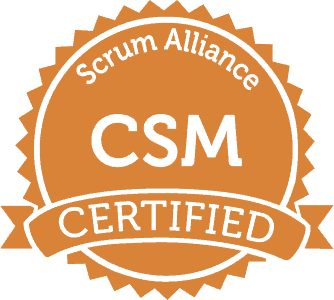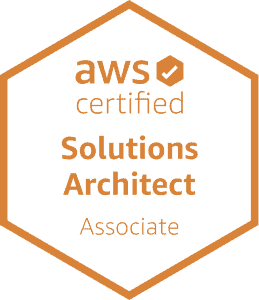OUR MISSIONAspire to do more
We are rooted in providing real world business solutions, operating with integrity as your strategic IT services partner. We are dedicated to attracting, nurturing, and retaining talented people so we can continue to grow alongside our clients.
Explore Case StudiesQualified Consultants
Cynerge is a growing team of 60+ skilled professionals that specialize in providing solutions to help enterprises and government agencies engage audiences, improve operations, and tap into unrealized business potential.







We pride ourselves on delivering nothing short of exceptional. Our dedication to professionalism, innovation, and unwavering quality has been rooted in our solutions.
– Matt R.
We embrace the chaos, innovate fearlessly, and turn tech challenges into triumphs. Because hey, who doesn’t love a good adrenaline rush with their morning coffee!
Mike L.


- Established Labor Categories with Justified Rates
- Ability to see and compete for government-wide opportunities
- Information Technology focused NAICS categories
- Contract: GS-35F-366GA / SIN: 54151S, 541611

- Founded in 2005, we’ve grown to over 60 professional consultants
- Registered to do business in System for Award Management
- Providing IT Solutions to the federal government for 16+ years
- Past performance as prime on multi-million-dollar contracts
- Cage: 4SHC2 / UEI: GKJWRQ8R4MJ7



